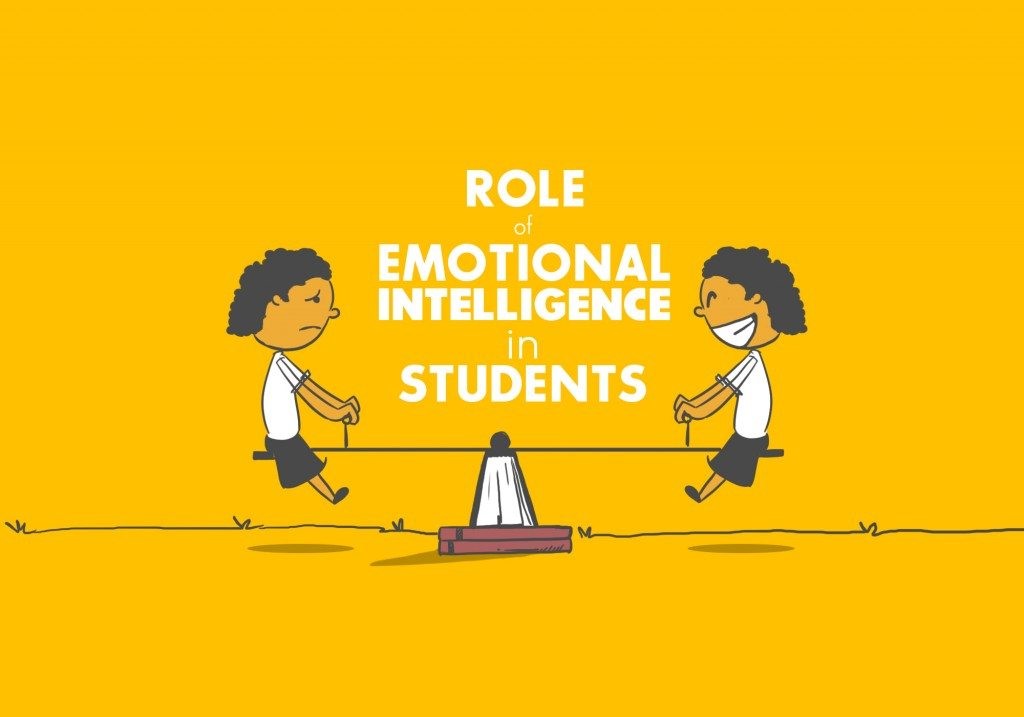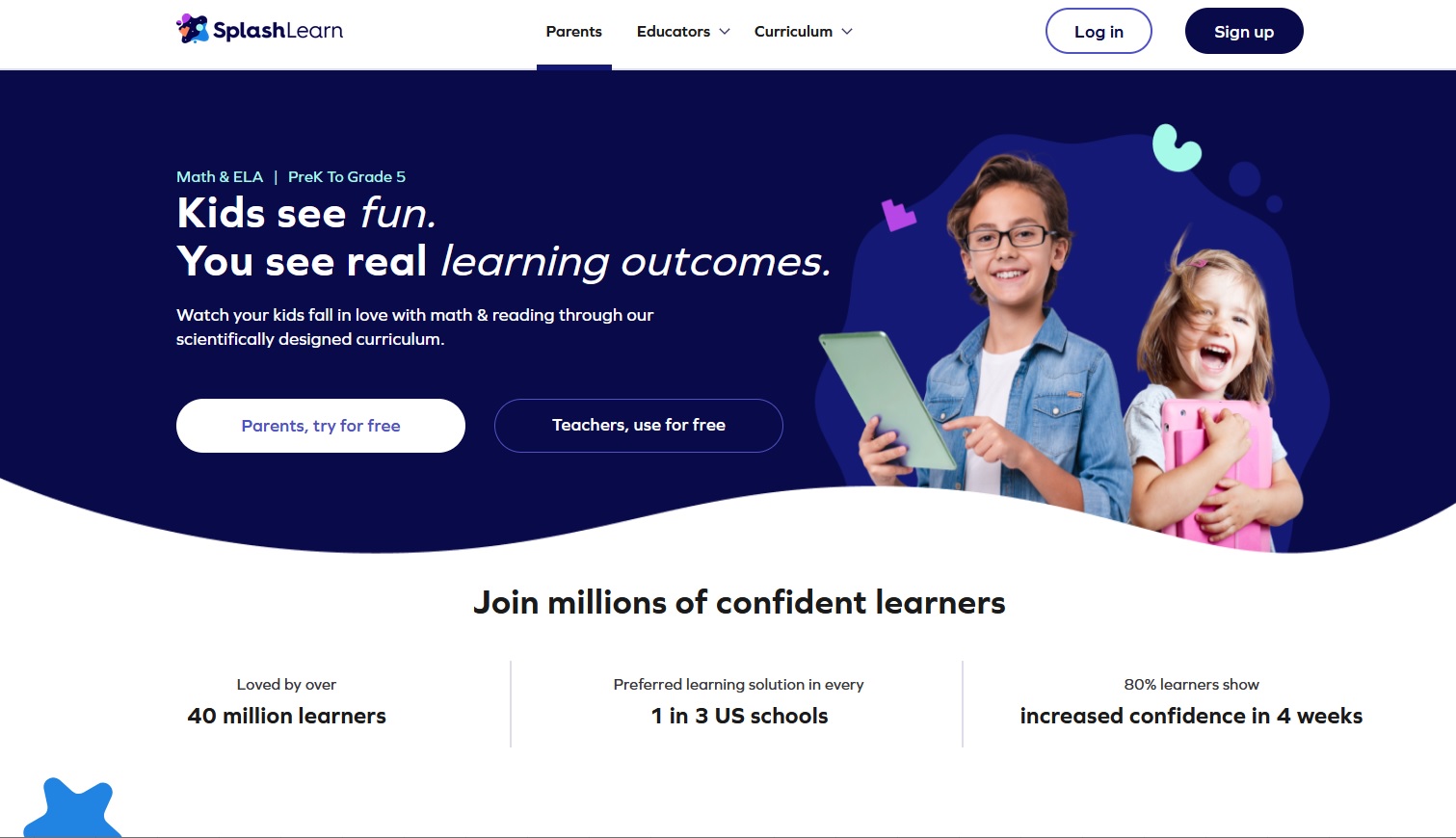Education is more than just academic achievements and getting good grades. It is also about a student’s personal growth, social development, and overall well-being. During their academic journey, learners face many challenges, from academic pressure to social dynamics, and need the right tools to navigate them and come out on top.
That’s where emotional intelligence comes in. It equips learners to overcome these challenges with resilience and success. Emotional intelligence is the ability to identify, understand, control, and express emotions effectively within oneself and while interacting with others. These skills allow them to navigate emotions, empathise with others, and build strong interpersonal relationships.
Understanding Emotional Intelligence
Also known as emotional quotient (EQ), this form of intelligence is divided into five key attributes that help learners:
- Perceiving and identifying emotions
- Thinking and reasoning using emotions
- Understanding emotions and how they change – both in yourself and others
- Regulating and managing emotions – both yours and other people’s
These five attributes include:
- Self-awareness – It involves learners recognising and understanding their emotions and how they influence thoughts and behaviours. It requires being in tune with their emotional states, strengths, weaknesses, and values.
- Empathy – This is the capacity to understand and share the emotions of others by stepping into someone else’s shoes, listening actively, and validating their feelings. Empathy allows pupils to form more meaningful connections, enhances communication between people, and fosters compassion and support.
- Self-regulation – It is the ability to manage and control one’s emotions effectively. It involves developing strategies to handle stress, frustration, and impulsivity. By practising self-regulation, students can respond to situations calmly and composedly, making rational decisions rather than being driven solely by emotions.
- Motivation – This focuses on helping learners become intrinsically motivated by setting goals, maintaining a positive attitude, and persevering through challenges.
- Social skills – This encompasses active listening, conflict resolution, teamwork, and other abilities that facilitate effective interpersonal interactions. Developing these social skills enables learners to build and maintain positive relationships, work with others, and successfully navigate the social dynamics of their academic and personal lives.
Importance Of Emotional Intelligence In Schools
More educators are starting to recognise and advocate for social and emotional learning to improve EQ in students. Here are more ways EQ benefits learners:
Increased motivation through self-awareness and self-regulation
Maintaining motivation and interest during learning is an issue many students face and can lead to low academic outcomes in international school in Singapore. However, an emotionally intelligent student is self-aware and is in touch with their positive or negative feelings. These attributes raise their ability to proactively take charge of their learning by focusing on the positive and tuning out negative emotions that might hinder their motivation. It allows learners to persevere, remain dedicated to achieving their objectives, and take charge of their academic and personal growth.
Managing emotions
Throughout their educational journeys, students face tough circumstances that elicit different emotions within themselves and others. Students with a high EQ don’t shy away from expressing their feelings and can adjust to people with varying temperaments and personalities. Since they can talk about what they are going through, they can work through and control their emotions to minimise distractions and maintain a clear and focused mindset. It enables them to absorb information better, engage in deep learning, and achieve higher academic performance.
Reduce stress
Learning to manage stress is a lifelong skill that learners can gain by developing emotional intelligence. They are prone to fewer emotional breakdowns and anxiety since they can create strong buffers that help them handle the stressors in their lives. For instance, with EQ, learners in EAL programmes for primary schools can manage the stress of learning an additional language and achieve the expected academic outcomes. It also fosters resilience and perseverance, which can help them even when they are done schooling.
Managing personal relationships and social interactions
Emotional intelligence empowers learners to navigate personal relationships and social interactions effectively. By understanding their emotions and those of others, they can communicate more authentically, establish helpful boundaries, and maintain healthy connections. It fosters a sense of belonging, support, and satisfaction in their relationships, contributing to their overall well-being.
Increased satisfaction levels
Disappointment is a big part of everyday life at home and school. Learners with eq know how to deal with negative emotions meaning they can successfully deal with any challenges. EQ fosters confidence and high self-esteem by teaching pupils to set attainable goals, make better decisions and deal with their issues more healthily. This results in increased satisfaction levels in their personal and academic lives.
Collaborating and working well in teams
In today’s interconnected world, teamwork and collaboration are essential skills every student must have. Emotional intelligence facilitates effective collaboration by enabling pupils to understand and empathise with their team members’ emotions and perspectives. It helps build strong working relationships, enhances communication, and fosters a positive and productive team dynamic. Students can achieve collective academic success by contributing to group projects and valuing diverse perspectives.
Nurturing professional relationships
Strong professional relationships are crucial for career advancement, something all learners aim to achieve. A high EQ enables pupils to learn how to connect with their colleagues and superiors on a deeper level. By understanding their perspectives, communicating effectively, and demonstrating empathy, they can build trust, establish rapport, and foster long-lasting professional relationships.
Building leadership qualities
Emotional intelligence is closely tied to leadership skills. In addition to having a high IQ, understanding and regulating one’s emotions allows one to lead with empathy, inspire others, and effectively communicate their vision. Students with emotional intelligence are likely to become great leaders who foster positive work environments, nurture their team members’ growth, and achieve success.
Emotional intelligence holds immense significance in a student’s life. It empowers them to understand and manage their emotions effectively, build meaningful relationships and achieve academic and personal success. At OWIS, we understand this and invest in enhancing every student’s growth while they are with us. Our faculty continually strive to nurture emotional intelligence in educational settings and work to equip our students with vital life skills that will serve them well beyond their academic years.








Add Comment